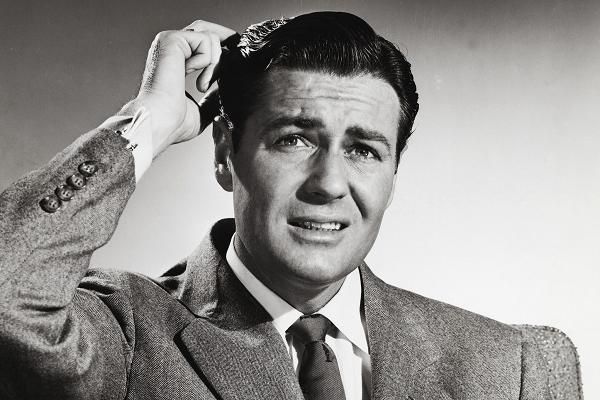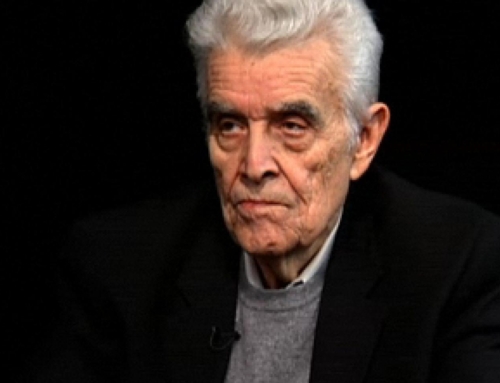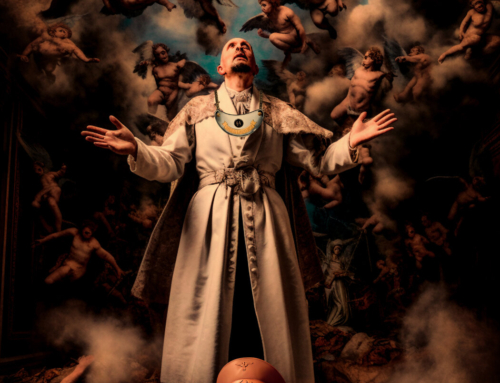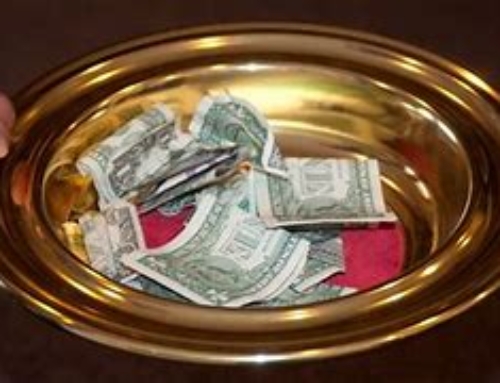There are a lot of angry, confused conservative Catholics right now.
They’re angry and confused by Pope Francis. They don’t like him and they don’t like the people he has appointed and who surround him. They don’t like the gay mafia in the Vatican and throughout the hierarchy. They don’t like McCarrick crowd. They don’t like the financial corruption, the immorality and the heterodoxy. They don’t like the modernism, the liturgical slackness and the church being turned into a politically correct Department of Social Services.
In Europe the Catholic Church seems to be gasping its last breath and the fire at Notre Dame cathedral seems all too emblematic of the destruction, not only of Catholic France, but of Catholic Europe. In the United States the Catholic Church seems to be torn apart by incompetence, corruption, immorality and all the fat complacency and unbelief that comes with abundant affluence.
Conservative Catholics are confused, angry and bewildered. They wonder what is happening to the church. Some are taking refuge in angry traditionalism. They are withdrawing into their traditionalist sects believing that the only way forward is back. Sometimes their love for traditional liturgy is combined with virulent anger and blame. It’s the fault of Vatican II. It’s Bugnini’s fault. It’s John XXIII’s fault. It’s the German theologians’ fault. It’s the charismatics’ fault. It’s the Protestants’ fault. Then they start indulging in Catholic end times prophecy prognostications. The problem is Russia was never really consecrated to the Blessed Virgin or this prophecy of Our Lady or those visions of a medieval mystic are about to come true.
That rabbit hole is endless.
Others continue with the church they are in, but don’t have a clue what is going on. They’re bewildered by modernist liturgies and preaching, but can’t really figure out what the problem is. They’re distressed that the young people are leaving, but don’t know how to fix the problem. They try hard to like and support the immigrant priest from India, Africa, Vietnam or the Philippines but they can’t understand him because of the heavy accent. They want to like and support their bishop, but he seems a distant bureaucrat who does nothing but ask for more money or issue gimmicky ideas from the chancery devised by a professional PR person.
So what is the Holy Spirit saying to the churches?
I’m afraid I don’t have a hot line to heaven, but there are ways to discern what God is doing in his church, and it’s not actually that difficult. What one has to do is learn some history and look beyond one’s own family, one’s parish, one’s diocese and one’s own nation.
Remember the old song, “He’s got the whole world in his hands”? Well he does, and the confusion Catholics are experiencing is not just a Catholic phenomenon.
The whole world continues to change very rapidly and the Catholic faith is part of this huge transition.
When we are threatened by change the natural human response is to put our heads in the sand. If the thing that is changing is the one thing we looked to for stability and permanence our reaction is even more extreme. We put our heads further into the sand. We deny. We deflect. We defend.
That’s understandable.
But it doesn’t work. It never works. What is needed when faced with change is a pro active response and positive attitude.
This is why I am excited by the new podcast series I am producing. It is based on John Allen’s brilliant book The Future Church. This continues a series I started last year to help Catholics make sense of what is happening in the world and the church. The first series was my 23 part overview of church history called Triumphs and Tragedies. You can listen to it here. This was followed by a more detailed study of the Reformation with my reading of an abridged version of Hilaire Belloc’s Characters of the Reformation. You can listen to it here.
Instead of looking to the past, the new series based on Allen’s book will look to the future. Why do I think this is important? For a very good reason.
From my study of church history I believe the Holy Spirit has led the church through 500 year segments. Every 500 years there has been a huge milestone. At these milestones the church has gone through transition. That transition has been painful and full of conflict, but it has also pushed the gospel of Jesus Christ forward into a new era.
The first 500 years is the Roman period. The second 500 years saw the growth of monasticism and ended with the division of East and West. The third 500 years was the flowering of Christendom in the Middle Ages. This last 500 years–beginning with the Protestant Revolution–has been the age of Revolution.
We are now at the end of that epoch and we are moving into something new. Because we don’t know the future we are fearful and uncertain.
But we should not be. We are people of faith. We are Easter people. God is not done with his church. He is moving the gospel forward in new ways that we cannot see. But we can see them if we simply open our eyes and think outside the box. God is bigger than our little Catholic categories. We are moving into a new age for the Christian Church and I think it is exciting. I am not discouraged.
In my podcast discussion of John Allen’s The Future Church I will go through the ten trends Allen lays out. Allen wrote the book ten years ago so it will be interesting to see how some of his predictions have played out so far. The podcast will be a critique and analysis of Allen’s book as well as using it as a way to see where the Spirit is leading.
I really have a passion for this message and hope many people will tune in. This will not be just another Catholic podcast in which someone chatters on with their own opinions. It will be full of facts and fueled by Easter faith and a positive message.
The full podcast will be available week by week for Donor Subscribers to my blog. I will publish an abridged version of each podcast for those who do not want to subscribe over at BreadBox and on all mainstream podcast providers.







My moving in the direction of a more traditional approach isn’t to hide, but to live. I will not be pushed around by highly educated clergy again and then live long enough to complain, 20 years down the road, that I was poorly catechized. The story of Mt Carmel comes to mind. In any case, looking forward to your podcast on Mr Allen’s book. Thanks
Great. That’s the right approach. The spirit of conservatism is to conserve what is best from the past to thrive in the present and build something beautiful for the future.
Soon to be 75, I was raised on the Baltimore Catechism, the Latin Mass, and Catholic school grade 7-12. I was taught, and have never doubted, that Christ is indeed the Living Son of God, fully present in the Holy Eucharist consecrated by a priest in His Church – the Catholic Church. How well I have live my Faith these past 70 years is debatable (thank God for the Sacrament of Reconciliation) but I am where I should be.
What to do about others who find this too hard because they were not taught well, did not pay attention, or thought another way was better, or felt they sinned too much, etc. is beyond my ability to analyze. I don’t know any of them well enough to begin to think I know what they really think. I do pray for an increase in Faith – mine, my family, and others.
As for the “overly educated’ members of the Church seemingly trying to lead us astray, I take them with a grain of salt. All I get is highly summarized versions that seem to not clearly relate to the basics Christ taught or address questions that come to mind. Perhaps much of it does relate, but rarely do they explain how their views are consistent with passages in the Bible. I stay focused on the Mass, the Sacraments, and trying to properly love others as I should.
I write not to award myself some status – Faith is a gift from God – but to remind others to stay focused on the Mass, the Sacraments, the command to properly love others as best we can, and to constantly pray for an increase in Faith.